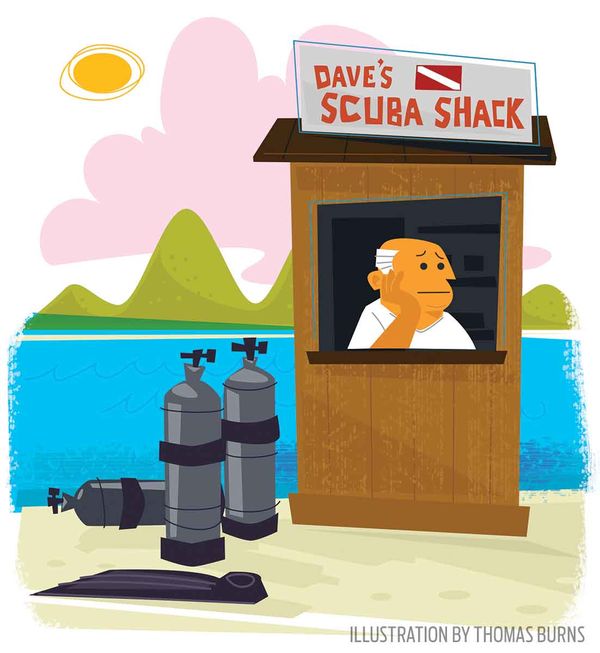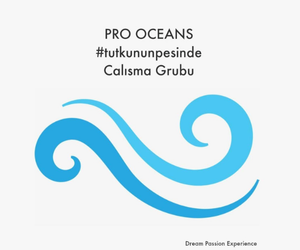A good dive shop can make all the difference on your next dive trip, and a bad one can cast a cloud over your experience or even put you at risk. This is especially true for less experienced divers who may need a helping hand from the crew. But with so many operators to choose from at most popular dive spots, how do you know which is the right one for you? To help you out, here are five steps for doing your homework on dive shops before your next trip.
how to vet a scuba diving operator
Consider Your Dive Type
At most dive destinations, you’ll find everything from resort-based shops that lean heavy on beginner-level classes and excursions to specialty shops with the gear and experience for tec diving. Create a list of dive shops that best fit your interests and experience level. Some important things to look at are the size and number of their boats, availability of nitrox and selection of quality rental gear. Also, look for shops that are convenient to your accommodations and regularly dive the sites you hope to visit.
Are They Established?
In some parts of the world, you may find dive operators that look good online but turn out to be little more than a guy with a boat, and these types of operations may not have the training or equipment to deal with dive emergencies. A good rule of thumb is to look for official PADI Dive Centers and Resorts, which must meet rigorous requirements for their dive services and safety protocols. PADI offers a dive locator tool to help you search on its website.
Check Online Reviews
The next step is checking online reviews, keeping in mind that every business will have its share of good and bad reviews. The important thing to look for is multiple reviews describing the same experiences; for example: consistently positive comments about the skill and attentiveness of the dive staff, or a reputation for overcrowded boats or poorly maintained equipment. Also, most review websites allow businesses to respond to reviews. A dive shop picking a fight with a past customer over a bad review is a red flag, while measured responses that show a willingness to solve the problem are a good sign.
Get in Touch
Once you’ve narrowed your choice to two or three dive operations, pick up the phone or send an email. There’s no substitute for actually speaking with someone at the dive center, and any reputable dive shop should be more than happy to tell you all about their boats, safety procedures, regular dive spots, how they conduct their classes, and any other questions you might have.
Visit in Person
Once you arrive at your destination, visit the dive shop before your first trip. The afternoon of your arrival day is the perfect time to visit, especially once the afternoon dive boats have returned. Confirm your reservations, take a look at the rental gear, examine the dive map, ask about gear storage and don’t be afraid to chat up a member of the crew. At a good dive shop, the divemasters and instructors love talking with new divers about the day’s dives, ocean conditions and what to expect on the boat. If they’re rude or unhelpful, consider going somewhere else.
Travis Marshall
Source: Sport Diver





